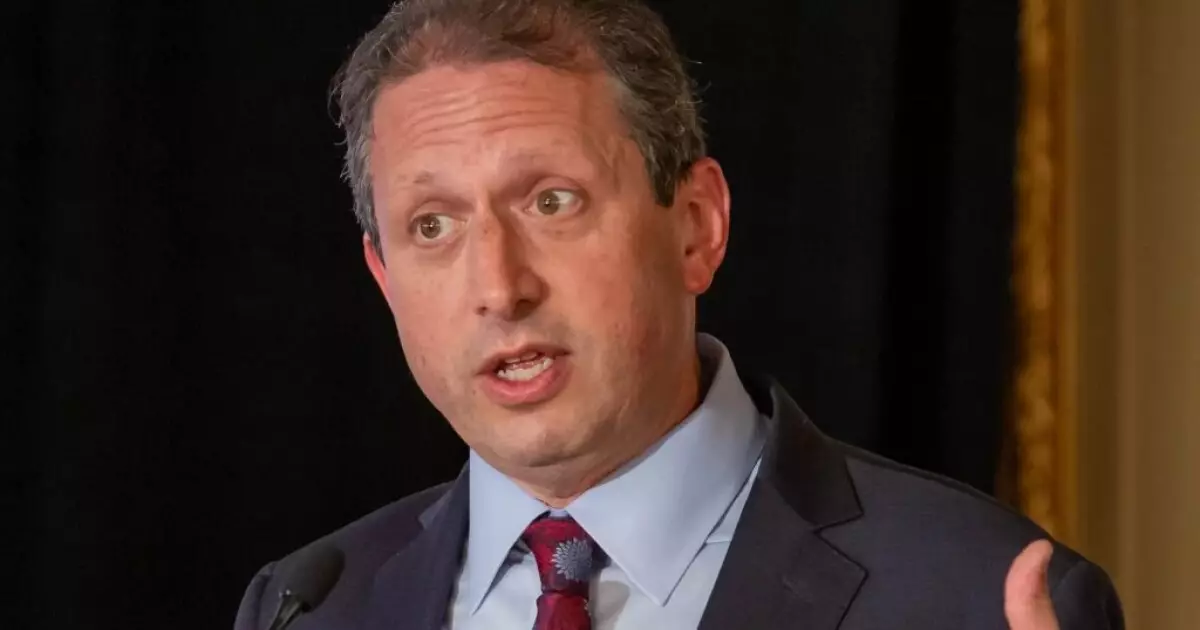A Bold Step Towards Sustainable Investments: NYC Pension Funds Cut Ties with Fossil Fuels

Recent developments in New York City’s pension investment strategy have ushered in a significant pivot away from traditional fossil fuel investments. City Comptroller Brad Lander’s endorsement of excluding fossil fuel infrastructure from the city’s pension funds marks a critical transition in the landscape of public finance. This pioneering policy is set to position New York as a leader in sustainable investing, as three of its retirement funds—the New York City Employees’ Retirement System, Teachers’ Retirement System, and Board of Education Retirement System—aim to become the first large pension funds in the United States to entirely avoid midstream and downstream fossil fuel infrastructure investments.
Lander has underscored a pivotal truth in contemporary finance: “Climate risk is financial risk.” This assertion draws attention to the inherent dangers of investing in industries that contribute to climate change, suggesting that continuing to support fossil fuel operations could jeopardize not only the environment but also the financial stability of the pension funds. The principle behind this shift is rooted in the recognition that the repercussions of climate change represent a systemic risk—potentially leading to significant losses for investors who fail to consider the long-term effects of their portfolios. By adopting a proactive approach, the NYC pension funds are not merely reacting to external pressures but are instead taking decisive action to align their investment strategies with climate realities.
With a formidable asset management portfolio totaling approximately $285 billion, the NYC pension funds hold substantial influence over broader market trends. The city’s retirement systems have already initiated various strategies to mitigate their carbon footprints, including a noteworthy commitment to achieving net-zero emissions by 2023. In the context of these funds, divesting from fossil fuel reserve owners in public equities represents just one facet of a broader strategy aimed at reconfiguring their financial commitments towards more sustainable avenues. The upcoming evaluations proposed by the Bureau of Asset Management, which includes determining the existing value of midstream and downstream fossil fuel investments, will further clarify the path forward for these funds.
Ballot Power: The Role of Trustees and Future Actions
The journey toward fully sustainable investments is still being shaped, particularly as the Bureau of Asset Management prepares to present this policy change to the trustees of the three funds in early 2025. Notably, Lander retains a seat on each board, allowing him to influence discussions about these seminal investment decisions. As recent votes have already indicated a willingness to exclude upstream fossil fuel investments like exploration and extraction, this new policy extension to cover infrastructure elements such as pipelines and liquefied natural gas (LNG) terminals indicates a growing consensus among trustees on the necessity of transitioning away from fossil fuels.
Wider Implications: A Stance Against Political Contradictions
The position taken by New York City’s pension funds is particularly striking given the contrasting trajectory seen in several Republican-dominated states, where policies have been enacted to pressure financial institutions into supporting oil, gas, and coal sectors. Lander’s comments reflect a broader ideological divide, suggesting that New York City’s approach could offer a counter-narrative to this trend. The funds’ measures to engage in shareholder activism by pushing major banks, such as JP Morgan Chase and Citibank, to disclose their financing ratios for green initiatives versus fossil fuels illustrate their commitment to sustainable investing as a guiding principle rather than an optional endeavor.
As the conversation around climate change and sustainable finance continues to evolve, the steps taken by NYC pension funds signal a promising shift toward prioritizing ecological considerations within financial frameworks. By recognizing the financial risks associated with climate change and taking definitive steps to divest from fossil fuel-related investments, New York sets a remarkable precedent for public pensions across the nation. The unfolding narrative will not only impact the funds themselves but will also ripple across the financial community, encouraging other institutions to reevaluate their positions on fossil fuels and recognize the profound benefits of sustainable investing. This visionary approach encapsulates a fundamental shift toward an investment philosophy that values environmental responsibility and long-term resilience in the face of pressing global challenges.





